SKINDEEP: Nutrition & Skincare in the Menopause
How does your skin change in transition to Menopause?
As we journey into perimenopause, progesterone our calming and happy hormone starts to decline. When progesterone is low, skin can become oilier with increasing breakouts and more sensitivity and flushing. When it comes to skin, oestrogen controls hydration and collagen production. As oestrogen begins to fluctuate it can become more dominant resulting in water retention, puffiness and increased pigmentation. As we transition into menopause and oestrogen levels decline further, you may find more visible wrinkles and broken veins, drier skin and less firmness, elasticity and glow.
The good news is there is so much you can do to support your skin by optimising nutrition.
Healthy Gut = Healthy Skin: Hormonal acne is a sign of inflammation that could be brewing in your gut. Start your day with a glass of warm water and 1 tsp of Apple Cider Vinegar 15-20 min before breakfast to stimulate your metabolism and detoxification. Chew your food 20-30 times per morsel to activate digestive enzymes that facilitate digestion and absorption of nutrients. Bitter salads before or with a meal also do this so include: rocket, watercress, chicory, endive, artichokes, dandelion leaves, romaine lettuce. Make a salad with any of these and add a dressing made of olive oil, lemon, turmeric and apple cider vinegar. Incorporate some probiotic foods in your diet such as kimchi, sauerkraut, kefir, probiotic yogurts. Aloe Vera juice is great for soothing any inflammation in the intestinal lining. A great brand to try is Simplee Aloe Vera with CBD.
Support Your Liver: A sluggish liver can affect the natural detoxification of toxins and hormones - especially oestrogen. If oestrogen is not properly eliminated it can accumulate and cause hormonal acne, bloating, headaches, mood swings and PMS. Support your liver & digestion by eating cruciferous vegetables like broccoli, cauliflower, brussel sprouts, kale, drink plenty of water, switch to natural household and personal care products, avoid plastic, reduce alcohol and choose organic foods.
Essential Vitamins: Eat the rainbow with a diverse and colourful selection of fruit and vegetables to ensure you consume the following key vitamins:
VITAMIN C helps produce collagen + maintain skin’s elasticity. Found in citrus fruits, tomatoes, berries, red peppers, spinach
Vitamin E hydrates the skin + prevents cell damage. Found in sunflower seeds, almonds, peanut butter, avocado, pumpkin
Vitamin A helps produce collagen + reduce signs of ageing. Found in orange and yellow fruits and vegetables, broccoli, green leafy vegetables,
Prioritise Protein: It is the foundation to make collagen, regenerate skin and maintain muscle tone Aim for 70-90g of protein a day and a bit more if you’re exercise regularly. Animal protein is your best source e.g. lean meat, chicken, eggs, but excellent plant based sources include soy, beans/lentils, quinoa.
Choose Healthy Fats: to help maintain skin hydration, strengthen skin cell walls and build our stress and sex hormones. Great healthy fat sources include nuts, seeds, avocado, coconut, fatty fish like salmon, organic meat, eggs & dairy, olives, olive oil, coconut oil, or avocado oil. Take an Omega 3 supplement at least 2000mg/day as it reduces inflammation + supports cellular regeneration and health production of collagen.
Balance Blood Sugar: It is important to maintain a stable blood sugar level. Over time, blood sugar spikes and drops can deplete essential nutrients, put stress on the body, affect the gut, lead to inflammation, worsen our mood and mental abilities, and alter our ability to manage blood sugar. Eat non processed whole grain and slow releasing carbohydrates e.g. brown rice, quinoa, oats, spelt, don’t skip meals and include protein and a healthy fat at each meal to slow down the release of glucose.
Nervous System Support: Manage sources of stress as it can further deplete progesterone through a process called “cortisol steal.”
Magnesium is critical for nervous system support, energy regulation and protein synthesis. Look to consume green leafy vegetables as part of your daily diet. Supplement with 200-400mg /day of Magnesium Glycinate which is easier on your digestion or run a Magnesium salt bath to ensure you are getting the recommended nutrient intake for menopausal women.
We often forget that how we feel mentally impacts our body too. Create a toolbox of practices to support your body and mind during periods of stress or anxiety. Practice slow deep breathing, movement, yoga, journaling, connect with a friend or go for a walk in nature.
The following Hormone Harmoniser breath practice can reset your nervous system and offer you grounding and clarity.

